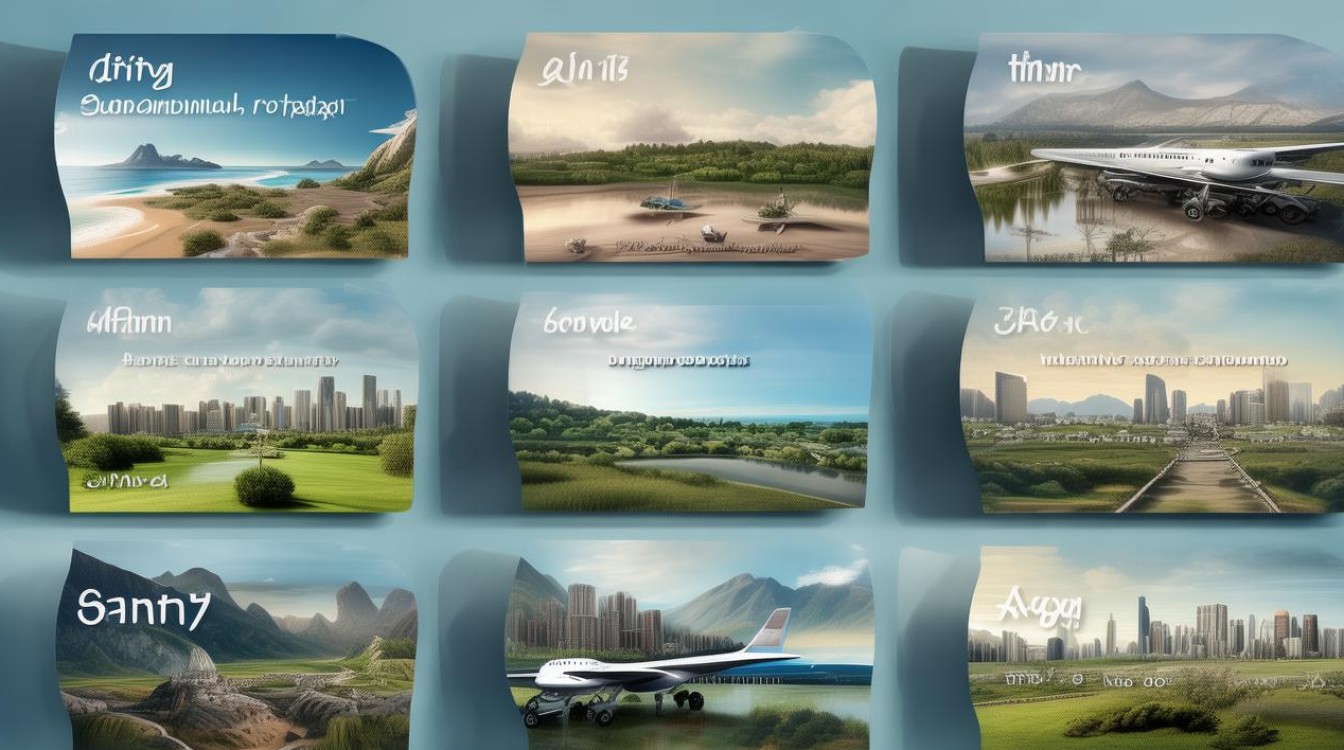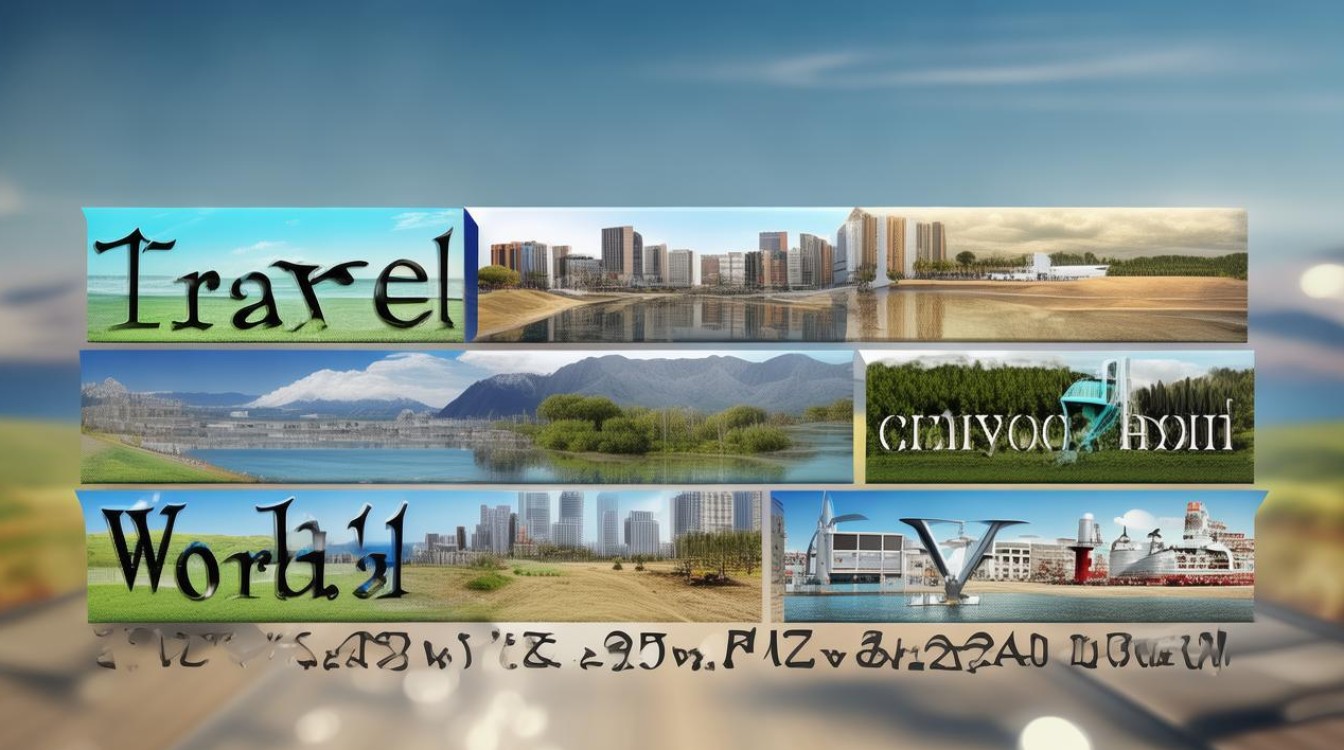旅行时,掌握正确的英文表达能让沟通更顺畅,许多看似相似的单词,实际含义和用法却大不相同,以下是六个容易混淆的旅游英文单词,帮助你在不同场景下精准表达。

Trip vs. Journey
Trip 通常指短途旅行,强调往返和具体行程。
- We took a weekend trip to the mountains.(我们周末去山里短途旅行。)
- The business trip lasted three days.(这次出差持续了三天。)
Journey 则更偏向长途或具有挑战性的旅行,带有“历程”的意味。
- The journey across the desert took two weeks.(穿越沙漠的旅程花了两周。)
- Life is a long journey.(人生是一场漫长的旅程。)
关键区别:Trip 侧重具体行程,Journey 强调过程或体验。
Travel vs. Tour
Travel 泛指“旅行”这一行为,可以是任何形式的出行。
- I love to travel and explore new cultures.(我喜欢旅行,探索新文化。)
- She travels for work frequently.(她经常因公出差。)
Tour 特指有组织的游览,通常包含导游或固定路线。

- We joined a guided tour of the museum.(我们参加了博物馆的导览团。)
- The band is on a world tour.(乐队正在进行世界巡演。)
关键区别:Travel 是广义的出行,Tour 是结构化的游览活动。
Sightseeing vs. Exploring
Sightseeing 指参观著名景点,通常是游客行为。
- We spent the day sightseeing in Paris.(我们一整天都在巴黎观光。)
- The package includes sightseeing tours.(套餐包含观光行程。)
Exploring 更强调主动探索未知区域,不限于热门景点。
- They spent hours exploring the hidden alleys of the city.(他们花了几小时探索城市的隐秘小巷。)
- The scientist is exploring remote rainforests.(科学家正在探索偏远雨林。)
关键区别:Sightseeing 是被动游览,Exploring 是主动发现。
Destination vs. Attraction
Destination 指旅行的最终目的地,通常是一个城市或国家。

- Bali is a popular honeymoon destination.(巴厘岛是热门蜜月目的地。)
- Our next destination is Tokyo.(我们下一站是东京。)
Attraction 指具体景点或吸引人的事物。
- The Eiffel Tower is a major attraction in Paris.(埃菲尔铁塔是巴黎的主要景点。)
- The festival is a big attraction for tourists.(这个节日对游客很有吸引力。)
关键区别:Destination 是大范围地点,Attraction 是具体看点。
Accommodation vs. Lodging
Accommodation 是正式用语,涵盖所有住宿类型。
- The hotel offers luxury accommodation.(这家酒店提供豪华住宿。)
- We booked our accommodation in advance.(我们提前预订了住宿。)
Lodging 更口语化,通常指临时或简易住处。
- He found cheap lodging near the train station.(他在火车站附近找到便宜的住处。)
- The inn provides basic lodging for hikers.(这家旅馆为徒步者提供基本住宿。)
关键区别:Accommodation 更正式全面,Lodging 偏向经济型或短期住宿。

Itinerary vs. Schedule
Itinerary 专指旅行计划,包含时间、地点和活动。
- The travel agency sent us a detailed itinerary.(旅行社发来了详细行程表。)
- Our itinerary includes a visit to the Great Wall.(我们的行程包括游览长城。)
Schedule 适用范围更广,可指任何时间安排。
- The conference schedule is packed with speeches.(会议日程排满了演讲。)
- Check the train schedule before you leave.(出发前查一下火车时刻表。)
关键区别:Itinerary 是旅行专用计划,Schedule 是通用时间表。
理解这些单词的细微差别,能让你的旅行英语更地道,无论是预订住宿、规划路线,还是描述体验,精准用词都能提升沟通效率,下次出行时,不妨试试这些表达,让语言不再成为障碍。


